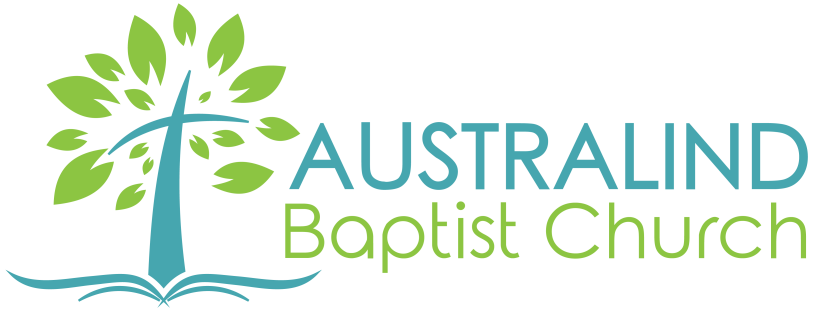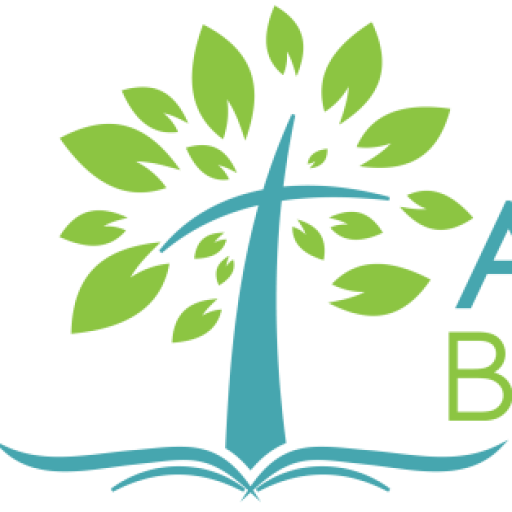- The fool says
Psalm 14David begins this Psalm with a very strong, even offensive statement: ‘the fool says in his heart there is no God’. He is not referring to mental capacity here, but to a moral decision to deny the existence of God, to choose to live as if God does not exist. The word that is used for fool is Nabal it means to stubbornly and persistently reject wisdom in the face of contrary evidence. David is referring those people who want to make ethical decisions as if there is no God. Russian writer Dostoevsky once wrote that without God everything is permissible, these fools that David speaks of want to be accountable to no one but themselves.
The apostle Paul writes of these people in Romans 1: ‘For although they knew God, they neither glorified him as God nor gave thanks to him, but their thinking became futile and their foolish hearts were darkened. Although they claimed to be wise, they became fools.’ They had stopped worshiping God, and even refused to acknowledge his existence, even though there is plenty of evidence for him. They fell further and further into sin until ‘they do what ought not to be done. They have become filled with every kind of wickedness, evil, greed and depravity.’ (Romans 1:18-32).
These fools who have chosen to live as if there is no God achieved their own success by oppressing the poor and the needy. David describes them as consuming God’s people like bread. God’s people were consumables, only existing to add wealth to the already prosperous. Micah puts it much more graphically: ‘’Hear, you heads of Jacob and rulers of the house of Israel! Is it not for you to know justice? You who hate the good and love the evil, who tear the skin from off my people and their flesh from off their bones, who eat the flesh of my people, and flay their skin from off them, and break their bones in pieces and chop them up like meat in a pot, like flesh in a cauldron.” (Micah 3:1-3). Even though the poor were exploited God insists that he is with them, the plans and schemes of their oppressors would be destroyed and they would be put to shame.
The fool says in his heart that there is no God, the issue is the heart, the seat of desire, not the mind or the intellect. David doesn’t appeal to logic or reason; he doesn’t attempt to argue the existence of God. And neither did Paul when he preached many years later and wrote: ‘Where is the wise person? Where is the teacher of the law? Where is the philosopher of this age? Has not God made foolish the wisdom of the world?’ As was the case with the first temptation, Adam and Eve chose to act as if there was no God, even though they clearly knew there was. They did not want to have their freedom of choice limited by God. We may not have travelled down the slope of moral decline of those who refuse to even acknowledge the existence of God, but it is possible to make our own moral and ethical choices as if he does not exist. We don’t want our liberty constrained, we want to be free to act and think without interference from elsewhere. Paul continues his description of those who have rejected God to say: ‘You, therefore, have no excuse, you who pass judgment on someone else, for at whatever point you judge another, you are condemning yourself, because you who pass judgment do the same things.’ It is important for each of us to be careful to depend on Almighty God to be the one who determines the moral and ethical choices we make, and this will be most evident in how we treat ‘the least of these’.
- What evidence do you see in those who want act as if God does not exist?
- If our parliaments and governing bodies do not acknowledge God, what can we do?
- Why do you think God place such a great emphasis on treatment of the poor and oppressed?

